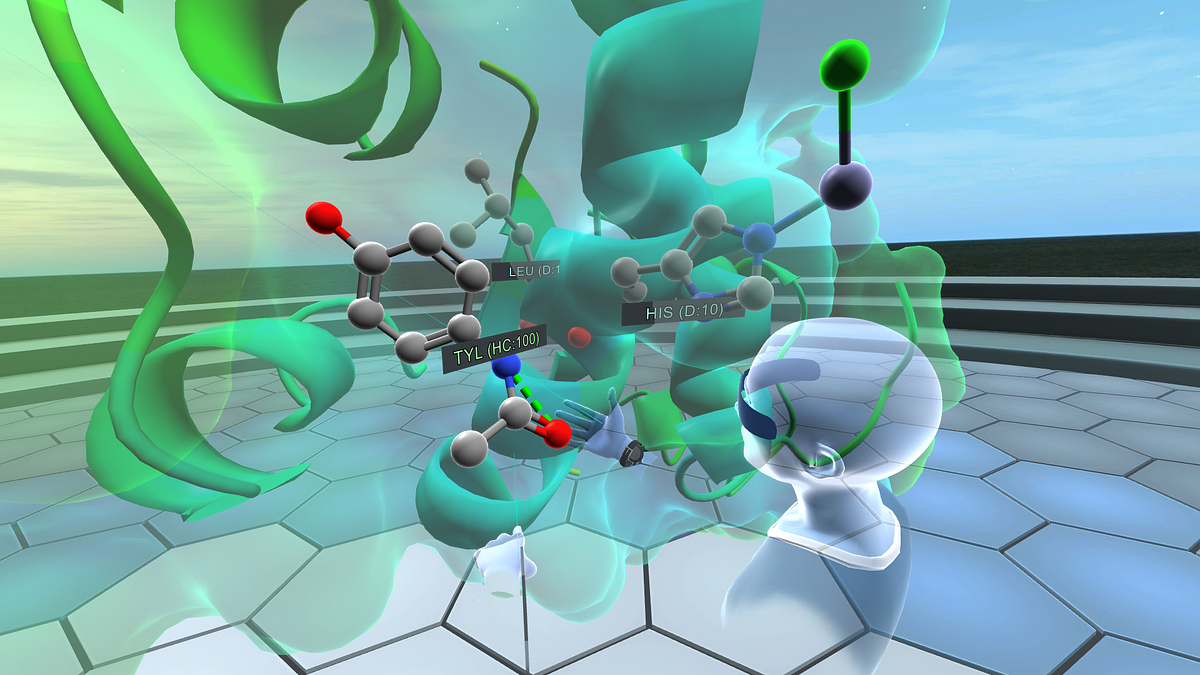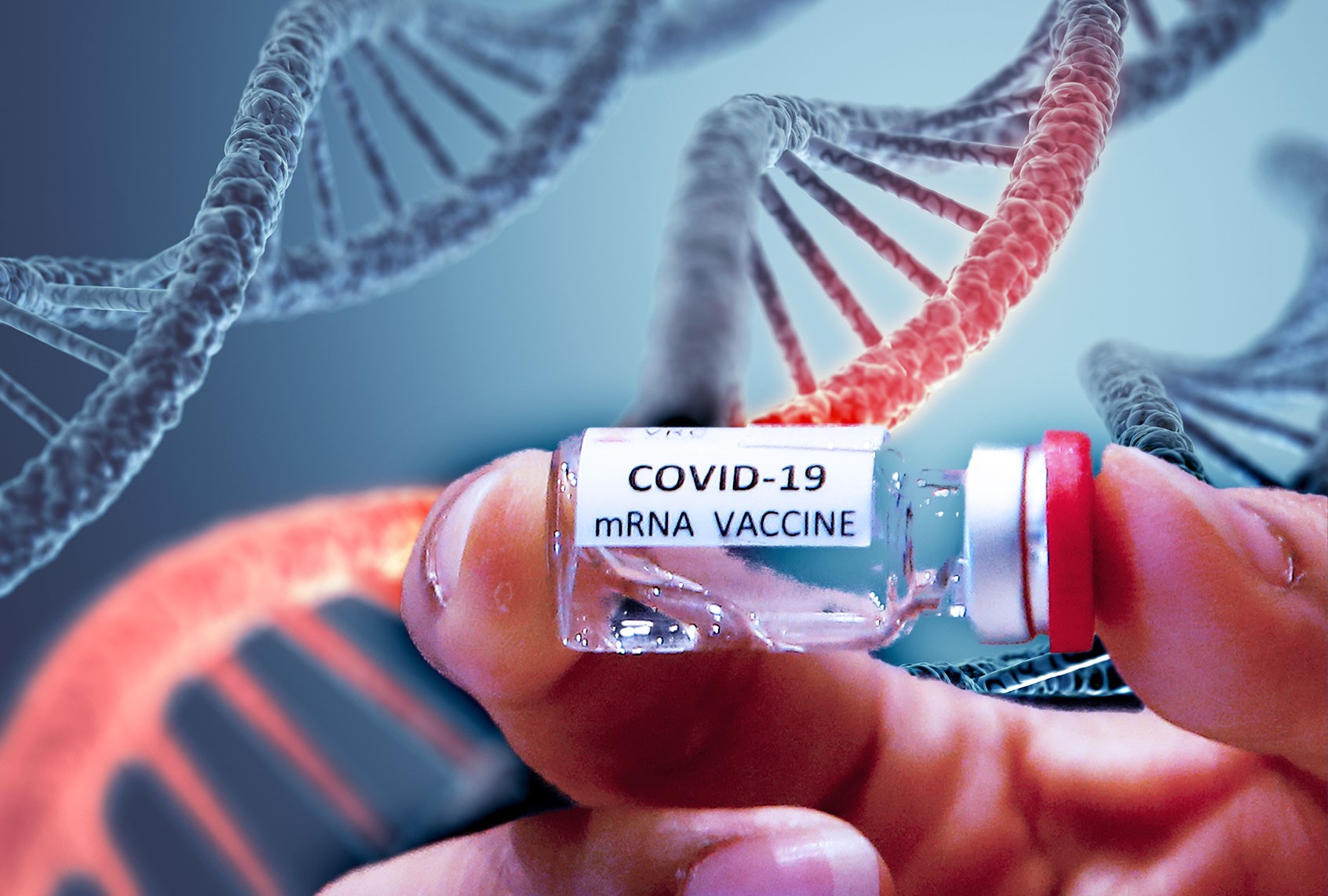The field of immunology has witnessed groundbreaking advancements over the past few decades, significantly influencing the landscape of vaccine development. These strides have not only enhanced our understanding of the immune system but also revolutionized the methodologies and technologies employed in creating vaccines. This article delves into the intricate relationship between immunology and vaccine development, highlighting key innovations and their implications for global health.
The Foundation of Immunology in Vaccine Development
Immunology, the study of the immune system, provides the foundational knowledge necessary for vaccine development. The immune system is a complex network of cells, tissues, and organs that work in concert to defend the body against pathogens. Understanding the mechanisms of immune response, including how the body recognizes and remembers pathogens, is crucial for developing effective vaccines.

The Evolution of Vaccine Development
Traditionally, vaccine development involved the use of live-attenuated or inactivated pathogens to stimulate an immune response. While these vaccines have been successful in controlling diseases such as polio and measles, they come with limitations, including potential safety risks and the need for extensive production facilities.
Recent advances in immunology have paved the way for more sophisticated approaches to vaccine development. These include subunit vaccines, which use specific pieces of the pathogen (like proteins or sugars), and nucleic acid vaccines, which use genetic material to instruct cells to produce an antigen. These modern techniques offer several advantages, including improved safety profiles, ease of production, and the ability to target a broader range of pathogens.
Key Immunological Advances Influencing Vaccine Development
1. Understanding of Antigen Presentation and Immune Memory
One of the most significant advancements in immunology is the detailed understanding of antigen presentation and immune memory. Dendritic cells, macrophages, and B cells play a crucial role in presenting antigens to T cells, initiating an adaptive immune response. This knowledge has led to the development of vaccines that can more effectively stimulate these processes, enhancing the body’s ability to recognize and respond to pathogens.
2. Adjuvants and Enhanced Immune Response
Adjuvants are substances that enhance the body’s immune response to an antigen. The discovery and development of new adjuvants have been instrumental in improving vaccine efficacy. For example, the use of aluminum salts as adjuvants has been a staple in vaccine development for decades. Recent research has identified novel adjuvants, such as MF59 and AS01, which can stimulate stronger and more durable immune responses, thereby increasing the effectiveness of vaccines.
3. Molecular and Structural Biology
Advances in molecular and structural biology have provided deeper insights into the structure of pathogens and their components. Techniques such as X-ray crystallography and cryo-electron microscopy allow scientists to visualize the three-dimensional structures of viral proteins and other antigens at atomic resolution. This structural information is critical for designing vaccines that can precisely target specific parts of a pathogen, leading to more effective immune responses.

4. Systems Immunology and Big Data
The integration of systems biology and big data analytics into immunology has revolutionized vaccine development. Systems immunology involves the comprehensive analysis of immune responses using high-throughput technologies and computational models. This approach allows researchers to identify biomarkers of immunity, understand the dynamics of immune responses, and predict vaccine efficacy. Big data analytics further enables the analysis of vast amounts of immunological data, leading to the discovery of new correlates of protection and potential vaccine targets.
The Role of mRNA Vaccines: A Paradigm Shift
One of the most notable examples of how advances in immunology have influenced vaccine development is the advent of mRNA vaccines. The COVID-19 pandemic accelerated the development and deployment of mRNA vaccines, showcasing their potential to rapidly respond to emerging infectious diseases.

mRNA vaccines work by delivering a piece of genetic material that encodes an antigen from the pathogen. Once inside the body, cells use this genetic material to produce the antigen, which then triggers an immune response. The success of mRNA vaccines, such as those developed by Pfizer-BioNTech and Moderna, underscores the importance of immunological research in developing new vaccine platforms.
Challenges and Future Directions
Despite the significant progress, several challenges remain in the field of vaccine development. Ensuring equitable access to vaccines, addressing vaccine hesitancy, and developing vaccines for complex diseases like HIV and malaria are ongoing challenges that require continued research and innovation.
Future directions in vaccine development will likely involve personalized vaccines tailored to individual immune profiles, the use of artificial intelligence to predict vaccine efficacy, and the exploration of new delivery methods, such as nanoparticle-based vaccines. Additionally, the ongoing study of the human microbiome and its interaction with the immune system may uncover new avenues for vaccine development.
Conclusion
The advances in immunology have profoundly influenced vaccine development, leading to safer, more effective, and faster-to-develop vaccines. As our understanding of the immune system continues to grow, so too will our ability to combat infectious diseases through innovative vaccine strategies. The integration of cutting-edge technologies, interdisciplinary research, and a commitment to global health equity will be essential in shaping the future of vaccine development and ensuring that the benefits of these scientific advancements reach all corners of the world.
In conclusion, the symbiotic relationship between immunology and vaccine development is a testament to the power of scientific inquiry and collaboration. As we continue to unravel the complexities of the immune system, we can look forward to a future where vaccines play an even more pivotal role in safeguarding public health.












